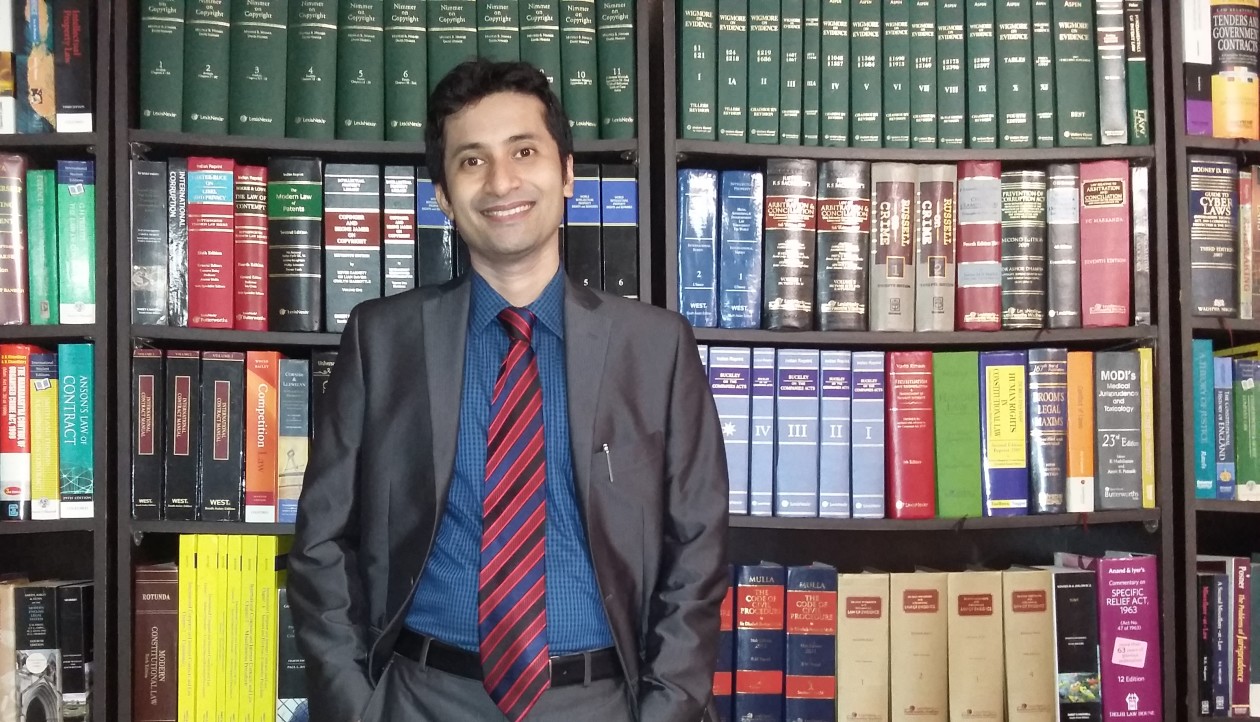Reading Joseph Conrad’s exalted novella “Heart of Darkness”, one can cogitate about the abysmal plight of Congolese people. The antagonist Kurtz’s barbarity showed the devilish behaviour of Belgian ivory traders.
The once personal property of Spanish Monarch had been plundered mercilessly. Its extraction of precious metals added to the misfortune of battered Congolese. The egregiously brutal Belgian colonial rule in Congo has been considered by many historians as the worst example of imperialism. The Belgian ruled the colony without any consultation with the local populace. There were virtually no rights to the Congolese people. The natives loathed the Belgians. Higher education was not available to the Congolese except in Catholic seminaries (and that too for a handful). There was not a single Congolese doctor, engineer, architect or lawyer. There was no representation of the Congolese in government administration too. The counties vast natural resources were continuously being exploited by the Belgians. Post the World War II, as neighbouring French colonies started gaining independence, political activities in Congo could no longer be halted. A group of young educated Congolese launched Mouvement National Congolais (MNC). Then in 1959 a sudden spurt in rioting in the Capital forced Belgian Government to take steps towards political reforms. But the tide of nationalism increased and Belgium understood that it would no more be possible to rule Congo. Violence spread to other parts of Congo too. Finally Belgium agreed to the independence of Congo and fixed the date as 30th June, 1960. In the elections in May 1960, MNC won the largest number of seats but was far from majority. Inspite of Belgium’s efforts to keep MNC out of power and put a moderate government, MNC succeeded in getting majority support through a coalition of twelve different parties. With not even a week remaining for the transfer of power Lumumba had a tough task ahead. The transfer of power, though bought an end to the colonial rule, could not bring peace or prosperity to the unfortunate Congolese. There was a mutiny in the Army, which Lumumba accused Belgian officers of fomenting. Within days of independence the mineral rich State of Katanga showed signs of secession with active connivance of Belgian troops. Country had descended into chaos as soon as it was independent.
After not getting sufficient help from the UN, Lumumba asked Soviet Union for military help. Such an action immediately raised cold war tension resulting in United States planning to eliminate Lumumba. The United States finally staged a coup through Colonel Joseph Mobutu, the Army Chief of staff, in September 1960. The struggling Congolese independence leader, Lumumba, was finally beaten and executed by Belgium backed rebels. The murder of Lumumba sent shock waves throughout the world. Belgium was condemned internationally for its involvement in the leader’s murder. Lumumba, who challenged Western hegemony, had become a famous political martyr (It was only in the year 2002 that Belgium formally admitted to its involvement in the affair). Even the UN Secretary General, Hammarskjöld, was killed in an air crash in Tanzania in September 1961. He was en route to negotiate a cease-fire between Katanga (mineral rich province of Congo) secessionists and UN troops. Till today there is a strong doubt regarding the reason of the crash and many believe that the carrier was shot down. Mobutu took over the reins of the chaotic country.
Mobutu’s long regime had some initial successes. Inflation was brought under control and output substantially increased. The Copper mining industry was nationalized. A large number of development projects were declared. Law and order improved dramatically. He changed the name of the country to Zaire. All towns with European names were given local names like capital Léopoldville to Kinshasa etc. But Mobutu’s self aggrandizement started taking its toll. He created a single national political party Popular Movement of the Revolution (Mouvement Populaire de la Révolution or MPR). He positioned himself at the top of the party and started assuming complete political power. Not content with political power alone, he stated amassing vast personal wealth. He started assuming grand titles, a personality cult surrounding Mobutu became the norm of the day. He himself took the name Mobutu Sese Seko Kuku Ngbendu Wa Za Banga (meaning “The all-powerful warrior who, because of his endurance and inflexible will to win, will go from conquest to conquest, leaving fire in his wake”!) His ever increasing lust for wealth finally turned towards the foreign enterprises. He seized thousands of foreign owned companies which included plantations, farms and factories, without compensation. But these companies were handed out to his cronies. Mobutu and his family members were the main beneficiaries. Mobutu’s misrule has no parallel in modern history. But curiously USA and western powers continued their patronage. Eventually the inevitable happened – a complete financial doom. Mobutu’s ignominious regime ended in 1997, but cataclysm was forthcoming.
